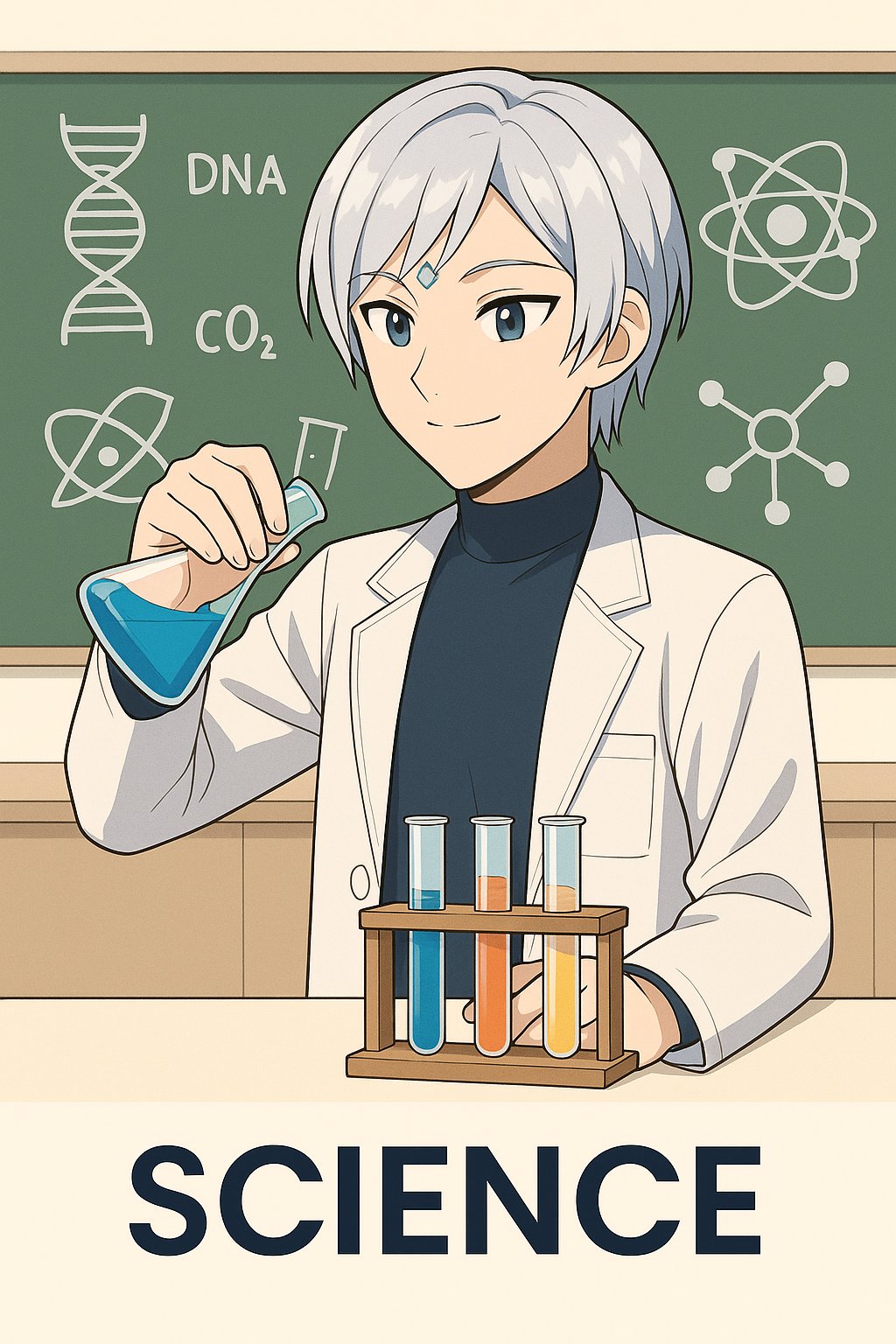📰 ニュースまとめ
京都大学と東和薬品が、遺伝性の認知症である家族性アルツハイマー病を対象に、iPS細胞を活用した最終段階の治験を開始しました。
これはiPS創薬として初めての試みで、既存薬の治療効果を評価します。治験が成功すれば、2028年以降に承認申請を目指すとのこと。新たな治療法への期待が高まっています。
💬 チャコたちの会話に耳をすませてみると…
チャコ:
ねえログ、iPS細胞って本当にすごいんだね!どうやって認知症を治すの?
ログ:
そうだな、チャコ。iPS細胞を使って、遺伝性のアルツハイマー病の治療を試みるんだ。具体的には、既存の薬を使ってその効果を確認する治験が始まったんだ。
チャコ:
そうなんだ!治験って、どういうことなの?
ログ:
治験は新しい治療法や薬の効果を確かめるために、患者に実際に投与してみるプロセスだな。これが成功すれば、承認を受けて広く使えるようになるんだ。
ナヴィ:
iPS細胞は、再生医療や創薬の分野で重要な役割を果たすと考えられています。特に、遺伝性の病気に対して新しい治療法を提供する可能性があります。
チャコ:
なるほど!未来の医療が楽しみだね!
📝 管理人のひとこと
iPS細胞を用いた治療法の進展は、医療の未来を大きく変える可能性があります。特に、家族性アルツハイマー病のような遺伝性の認知症に対する新しい治療法が期待されるのは心強いです。チャコのように未来にワクワクする子どもたちのためにも、こうした研究が進んでほしいですね。治験の結果がどうなるのか、今後の進展に注目したいです。
この記事をシェアする:
🇬🇧 英語版を見る
Summary
Kyoto University and Towa Pharmaceutical have begun final-stage clinical trials using iPS cells for familial Alzheimer’s disease, a hereditary form of dementia.
This marks the first attempt at drug development using iPS technology, aimed at evaluating the efficacy of existing medications. If the clinical trials are successful, they plan to apply for approval after 2028. There is growing期待 for new treatment options.
Dialogue
This dialogue is fictional and based on the article.
Chako: Hey Log, iPS cells are really amazing! How do they work to treat dementia?
Log: That’s right, Chako. We’re trying to use iPS cells to treat hereditary Alzheimer’s disease. Specifically, clinical trials have started to confirm the effects of existing drugs.
Chako: I see! What exactly is a clinical trial?
Log: A clinical trial is a process where new treatments or drugs are actually administered to patients to test their effectiveness. If it’s successful, the treatment can be approved and made widely available.
Navi: iPS cells are believed to play a crucial role in regenerative medicine and drug development. They especially hold the potential to offer new treatments for hereditary diseases.
Chako: Got it! I’m excited about the future of medicine!
Admin’s Note
The advancement of therapies using iPS cells has the potential to significantly change the future of medicine. It is particularly encouraging to see new treatments being developed for hereditary dementias like familial Alzheimer’s disease. For children like Chako, who are excited about the future, it is important that this research continues to progress. I look forward to seeing the results of clinical trials and the developments that lie ahead.



コメント